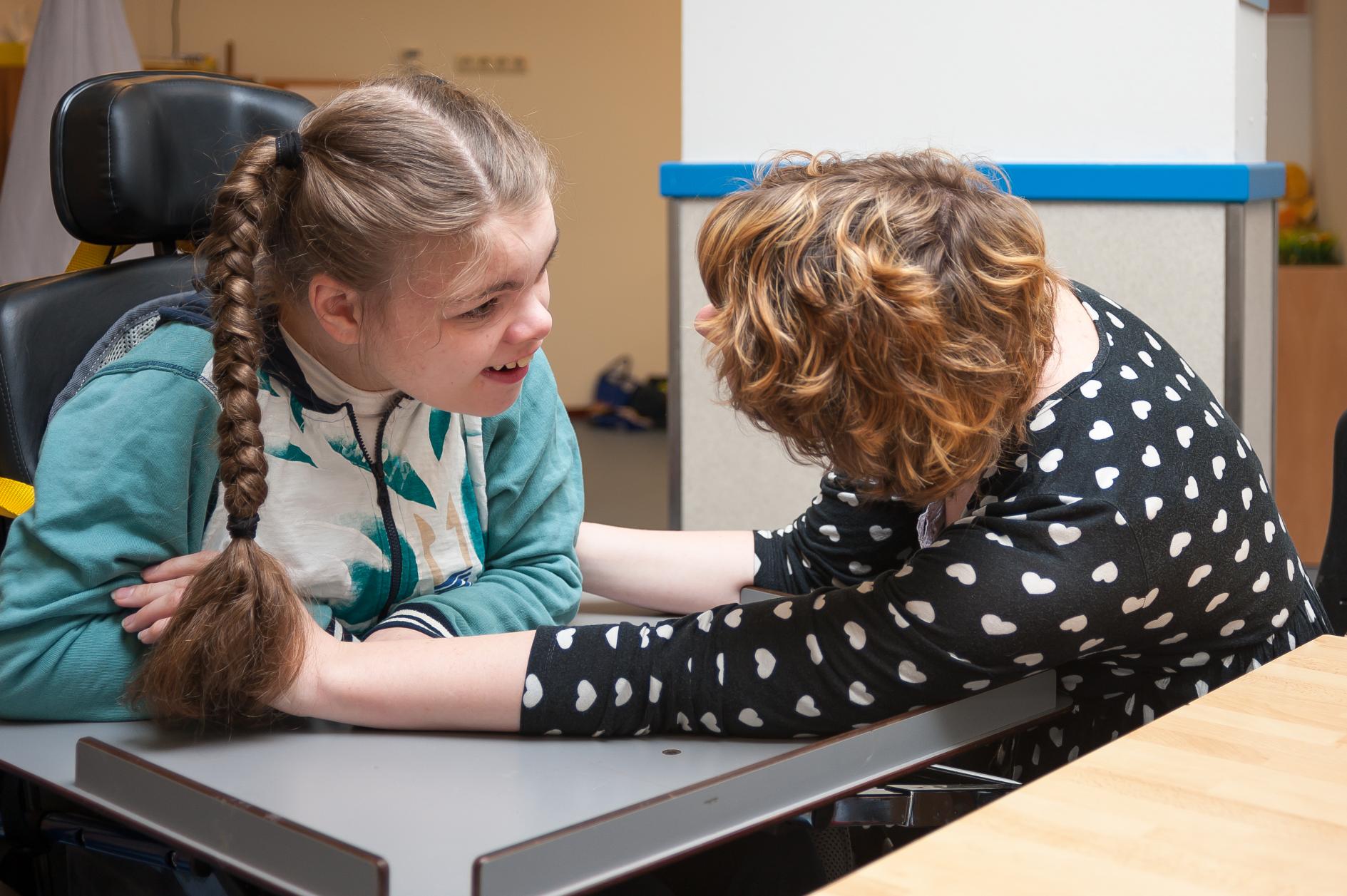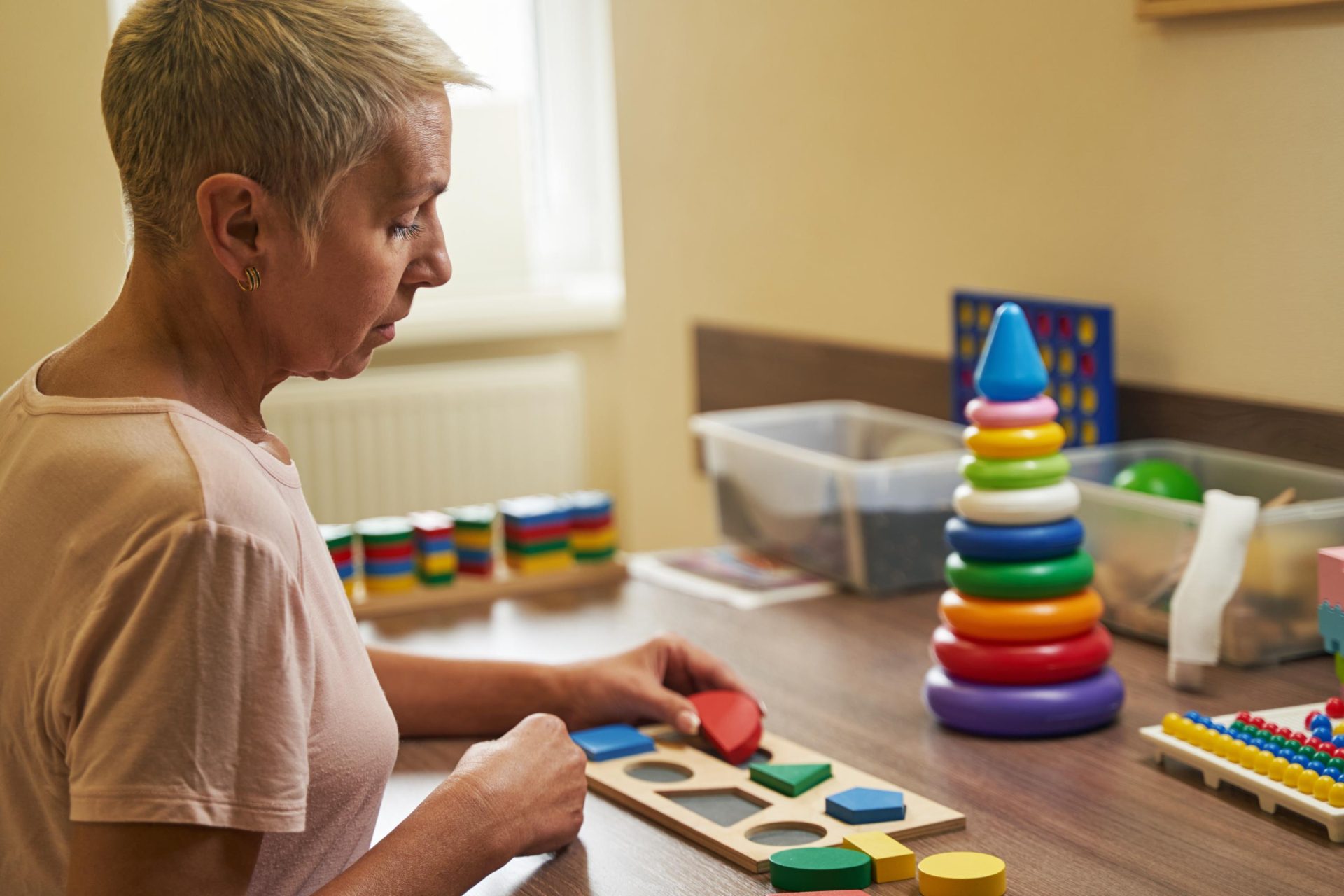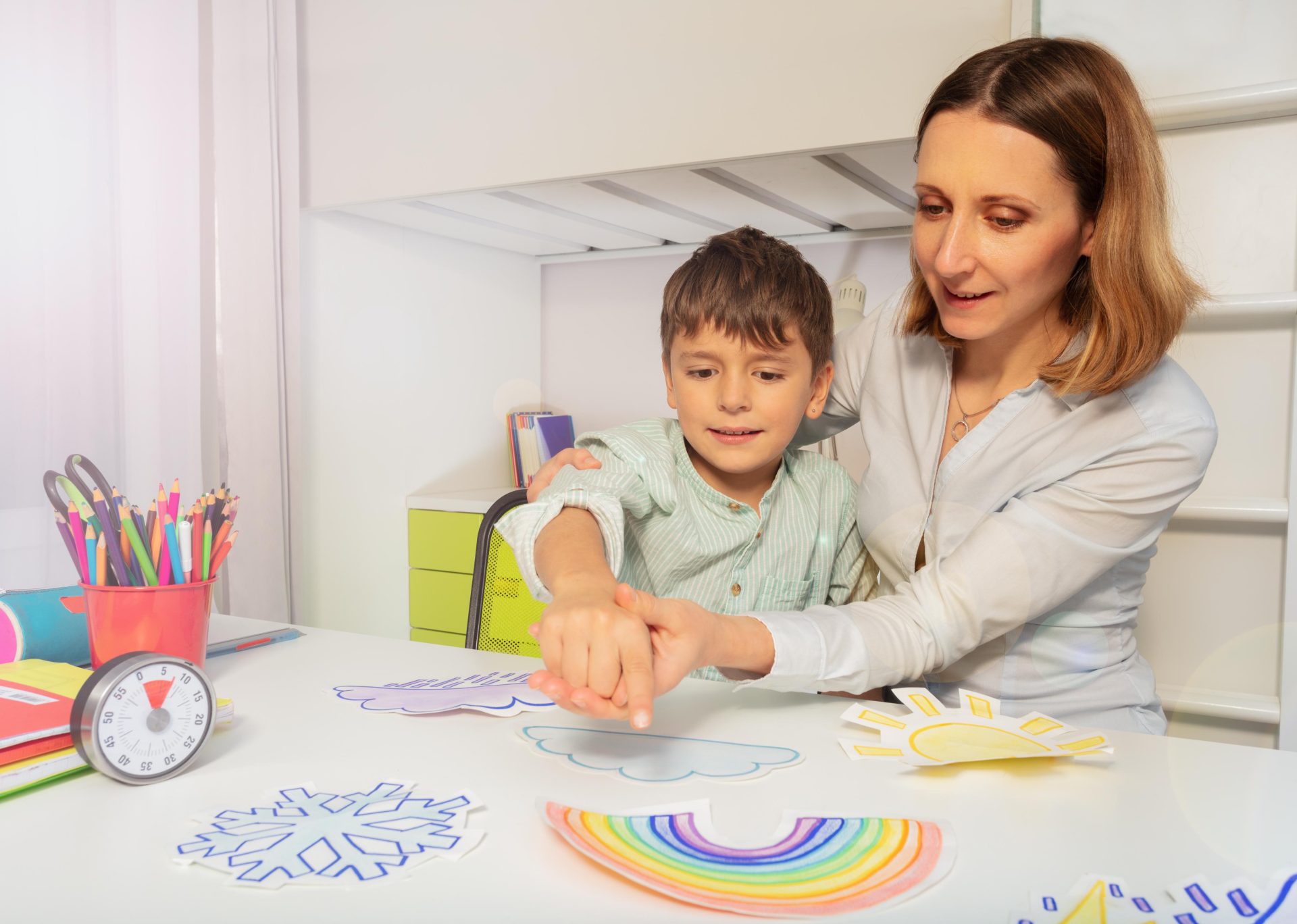Who Is The IMAGINE ID Team?
IMAGINE ID is led by clinicians from the University of Cambridge, Cardiff University, and University College London. Our multidisciplinary team includes specialists in Medical Genetics, Adult and Child Psychiatry, and Psychology, all dedicated to supporting families of children with intellectual disabilities. We have a shared research focus on human genetics, intellectual disability, and behavioural phenotypes.
IMAGINE ID was developed in collaboration with UNIQUE, the UK’s Rare Chromosome Disorder Support Group. The project received its initial funding (IMAGINE-1) in 2014 from the Medical Research Council and the Medical Research Foundation. In 2020, new funding was awarded for IMAGINE-2 by the Medical Research Council. IMAGINE-2 operates in partnership with the ECHO project, DECIPHER, the Farr Institute, and NHS Regional Genetics Centres. It is led by clinicians from Cardiff University and University College London.
Principal Investigators

Professor David Skuse
University College London
d.skuse@ucl.ac.uk
David is a Professor of Behavioural and Brain Sciences at University College London and an Honorary Consultant in Developmental Neuropsychiatry at Great Ormond Street Hospital for Children, UK. He leads the London site, which oversees online assessments, collecting information on wellbeing, behaviour, and development. His team also supports families in completing assessments, whether online or over the phone.
For over 20 years, David has been a leading researcher in neurodevelopment and autism. His work challenges common misconceptions about children with learning difficulties by highlighting subtle behavioural and developmental differences. He collaborates closely with the rest of the team, sharing a vision to transform our understanding of intellectual disability.

Professor Jeremy Hall
Cardiff University
Hallj@cardiff.ac.uk
Jeremy is a Professor, Director, and Research Theme Lead at the Neurosciences & Mental Health Research Institute at Cardiff University. His research focuses on the role of genetic and environmental risk factors in the development of neurodevelopmental disorders, including schizophrenia, autism, and related personality disorders. He is particularly interested in how genetic risk factors influence learning processes in the brain, as abnormalities in these processes contribute to key symptoms across various mental health conditions.
In addition to his research, Jeremy leads local clinical assessment services for adults with autism and developmental disorders. Alongside Marianne, he coordinates the face-to-face assessments conducted by the Cardiff University research team, who gather more detailed phenotypic and behavioural information from families participating in the project.
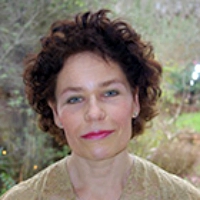
Professor Marianne van den Bree
Cardiff University
Vandenbreemb@cardiff.ac.uk
Marianne is a Professor of Psychological Medicine at Cardiff University. Her research focuses on the development of behaviour, thinking, and learning from childhood through adolescence into adulthood. She has published groundbreaking research and collaborates internationally on numerous projects. Additionally, she has received awards for translating scientific findings into practice, ensuring they benefit both patients and the wider public. Marianne trained in the Netherlands and the USA.
As one of the four Lead Investigators of IMAGINE ID, she co-leads the face-to-face assessments in Cardiff alongside Jeremy. Their dedicated research team values the opportunity to visit participants and their families, learning from their experiences. With the information generously shared, they aim to improve understanding and support for individuals with intellectual disabilities.
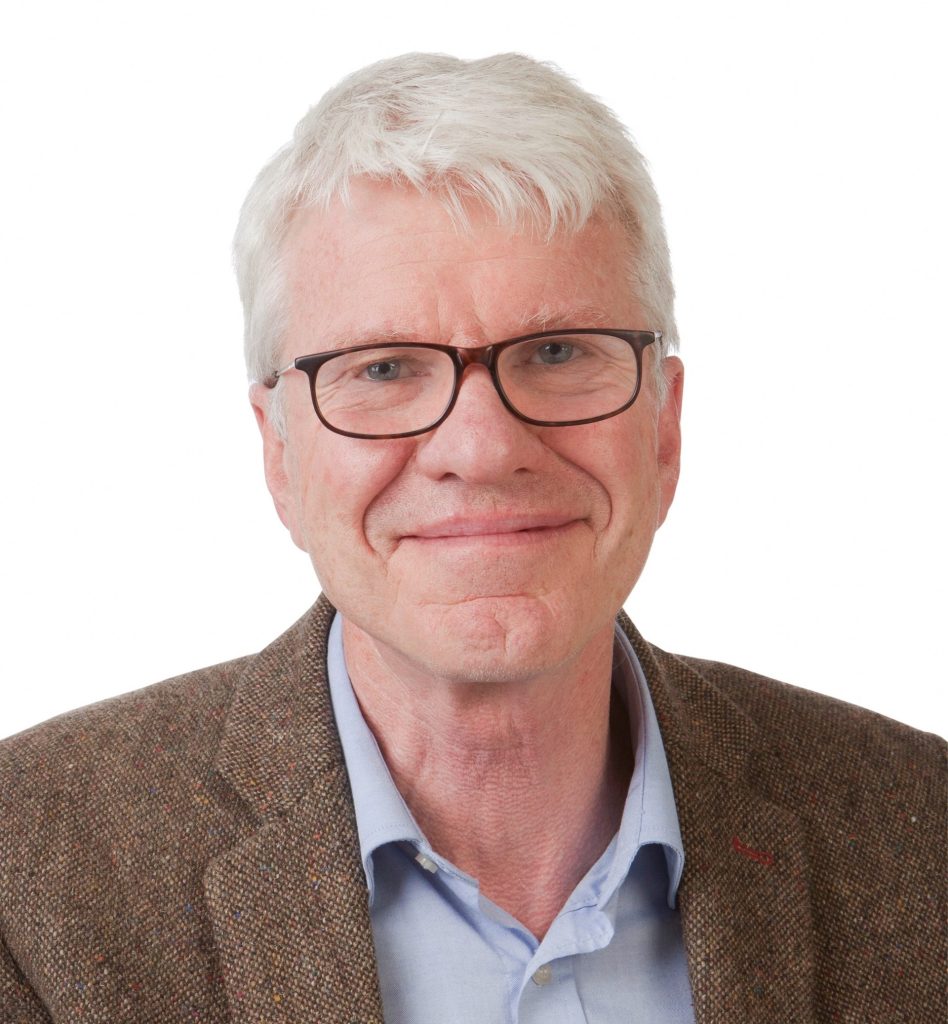
Professor Sir Michael Owen
Cardiff University
OwenMJ@cardiff.ac.uk
Michael is a Professor of Psychological Medicine (Psychiatry) at the School of Medicine and Emeritus Director of the Neuroscience and Mental Health Research Institute. With over 25 years of experience in psychiatric and neurodegenerative genetics, he has extensive expertise in the genetic aspects of schizophrenia, bipolar disorder, Alzheimer’s disease, depression, and attention deficit hyperactivity disorder (ADHD).
Over the past decade, Michael has focused on psychiatric and cognitive outcomes in children at high genetic risk, particularly those with structural chromosomal abnormalities. He has studied the impact of genetic risk factors across diagnostic boundaries and developed a theoretical framework to understand the relationship between different neurodevelopmental disorders. Additionally, he has also identified specific genes and sets of proteins involved in the pathogenesis of schizophrenia and Alzheimers disease, which are potential therapeutic targets.
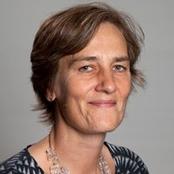
Professor Lucy Raymond
University of Cambridge
Lucy is a Professor of Medical Genetics at Cambridge University Hospital, Cambridge Biomedical Campus, UK, and has recently retired. She managed the Cambridge site, overseeing study recruitment and supervising and analysing the genetic information during IMAGINE-1.
Over the past 15 years, Lucy has led research on understanding the genetic basis of intellectual disability and has identified many new disease-causing genes which has been rapidly translated into clinical service. As the lead investigator of the IMAGINE-1 study, alongside David, Marianne, and Jeremy, she played a key role in advancing research on intellectual disability and mental health. She hopes collecting valuable knowledge from families can help enhance understanding of intellectual disability and mental health and improve treatments in the future.
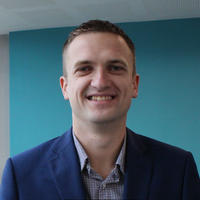
Dr Samuel Chawner
Cardiff University
ChawnerSJ@cardiff.ac.uk
Samuel is Co-Investigator and Senior Research Fellow on the IMAGINE 2 project in the Division of Psychological Medicine and Clinical Neurosciences. He plays a key role in facilitating Cardiff University research into the development of children with rare genetic variants. An important part of his work is raising awareness of the mental health needs of children with rare genetic conditions.
As a multi-award-winning researcher, Samuel is passionate about understanding the causes and development of child mental health. His work bridges mental health data science and lived experience, and includes the voices of public, clinical, and policy stakeholders to shape and drive meaningful impact.
Research Fellows
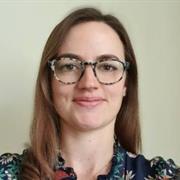
Dr Jeanne Wolstencroft
University College London
j.wolstencroft@ucl.ac.uk
Jeanne Wolstencroft is a Research Fellow and Teaching Associate based at the Great Ormond Street Institute of Child Health at UCL. Her main research interests are understanding the impact of co-occurring mental health difficulties in children and young people with neurodevelopmental disorders and/or rare genetic disorders and digital approaches to psycho-social intervention for these children and young people.
Jeanne’s PhD piloted the online delivery of a social skills training programme for girls with a rare genetic disorder called Turner Syndrome. She is currently investigating changes in the mental health and behaviour of children with rare genetic disorders. Jeanne is a co-investigator on the Children’s Autism Technology Assisted Assessments (CHATA) project which aims to digitise autism assessment procedures for families from diverse ethnic backgrounds and the Digital Family Support (DiFS) study which aims to see if an online family support programme (Stepping Stones Triple P [SSTP] Online) can improve behaviour and emotional problems in children with learning disabilitie
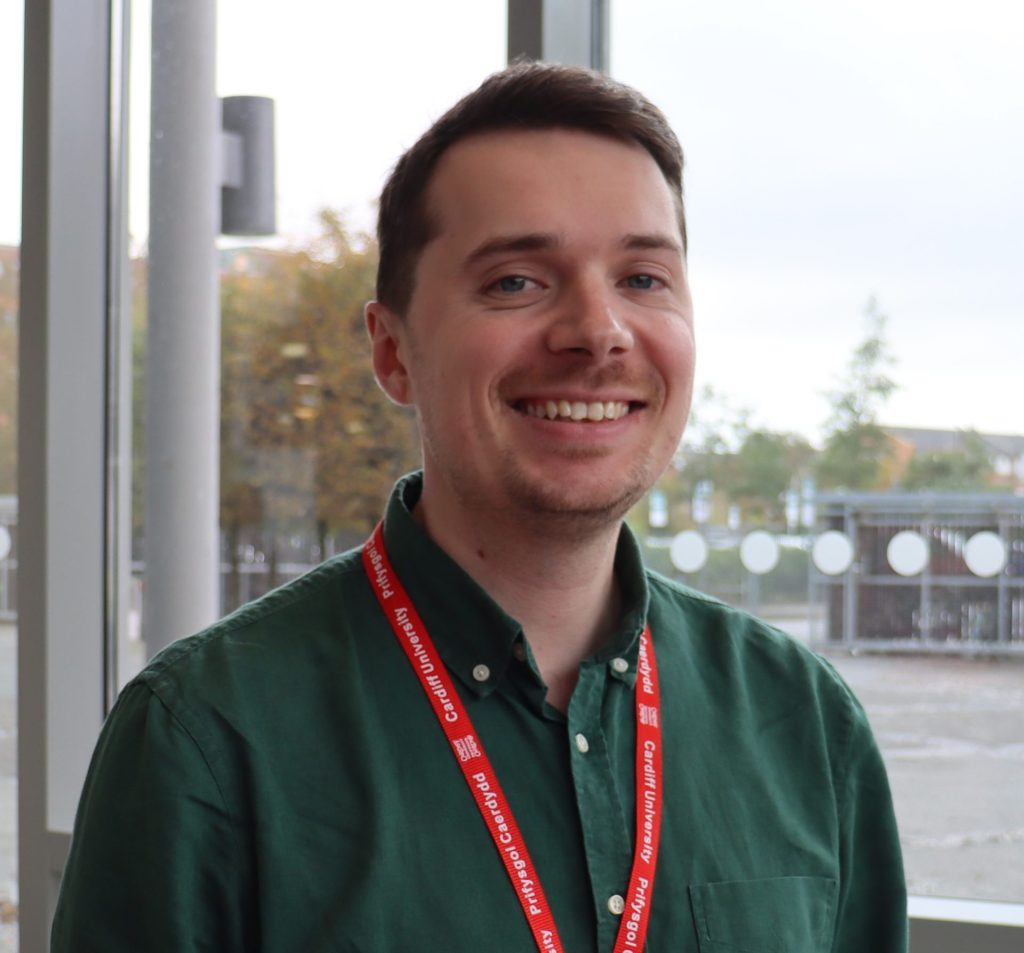
Dr Josh Bell-Hope
Cardiff University
Hope-BellJ@cardiff.ac.uk
Josh works as a postdoctoral research associate on the IMAGINE-2 project at the Division of Psychological Medicine and Clinical Neurosciences, Cardiff University. His role is to coordinate the face-to-face aspect of IMAGINE-2, where the team visits families in their homes to carry out different assessments. His main research interest is how rare genetic conditions called Copy Number Variants (CNVs) contribute to cognitive development and mental health in young people. Josh is also interested in how cognitive behavioural interventions can be applied to improve mental wellbeing.

Data Managers
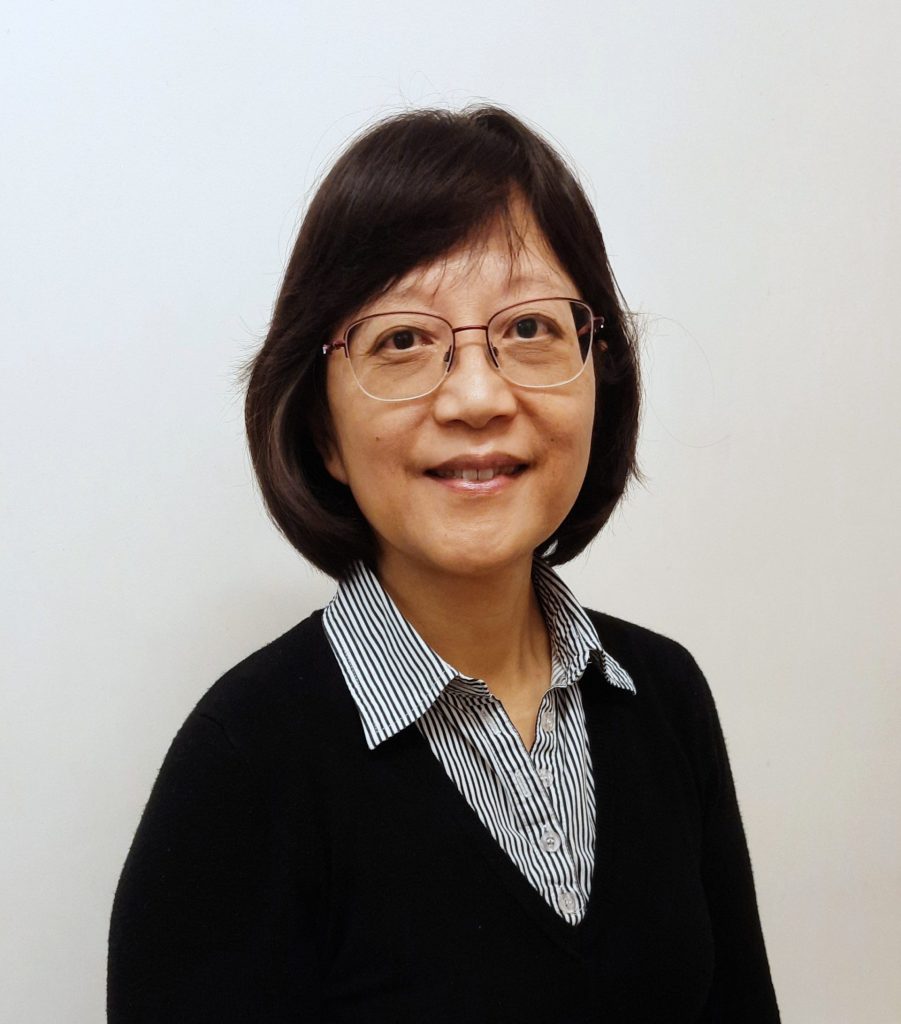
Irene Lee
University College London
Irene is Data Manager for IMAGINE. She manages all the IMAGINE data, being responsible for data security and data release to successful applicants. Irene led the application for administrative data of the Hospital Episode Statistics (HES) from NHS England, and the National Pupil Database (NPD) from the UK Department for Education and plays a key role in managing and analysing these datasets.
Irene uses IMAGINE research data, including genetic, demographic, developmental and mental health records, together with the NPD and HES data, to investigate inequalities in education and healthcare provisions in the IMAGINE cohort. She employs HES data to validate medical history questionnaires from research data. Irene also has keen interests in evaluating neurodevelopmental disorders and linking genotypes with phenotypes.
© 2025 IMAGINE ID

